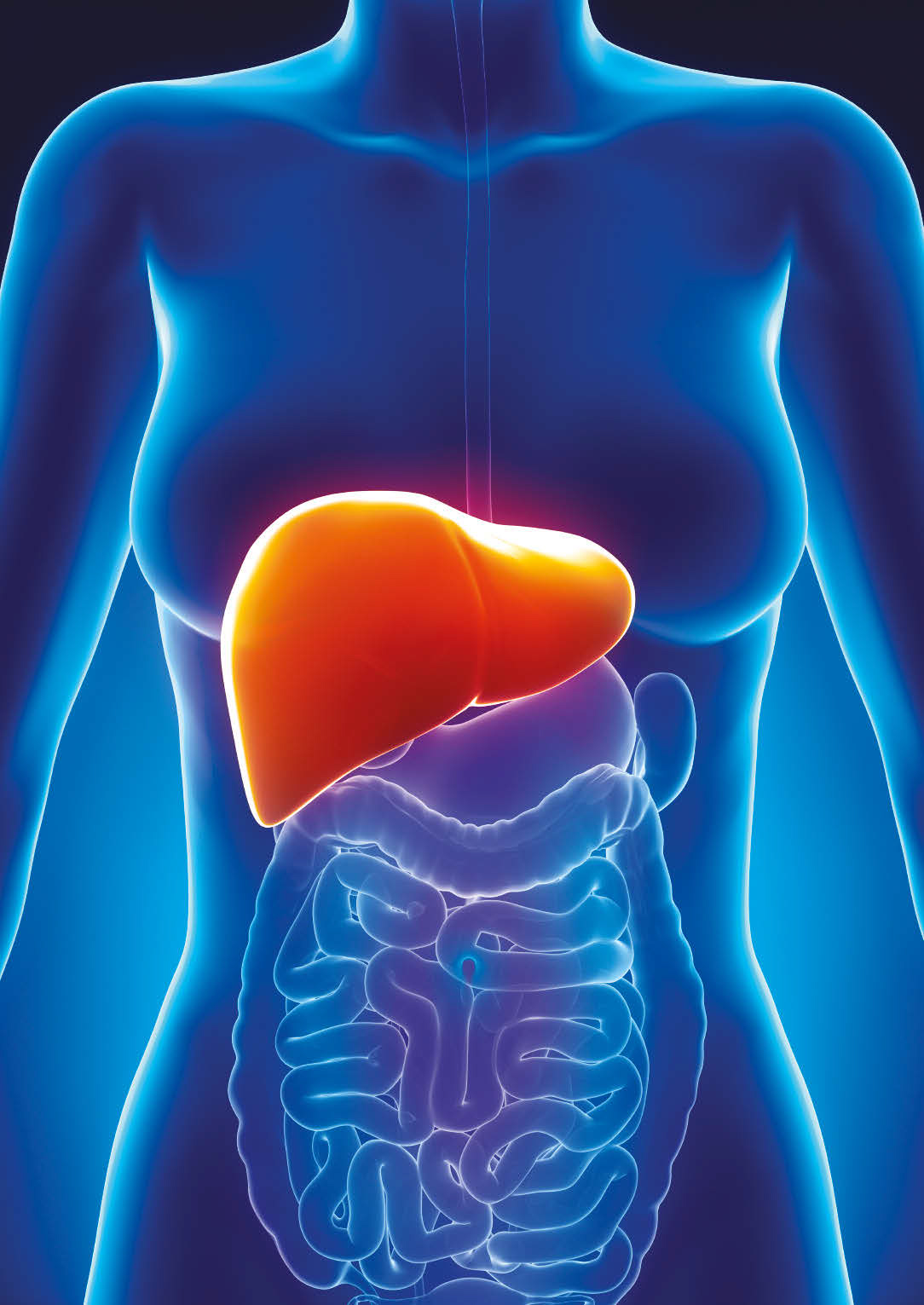A life-threatening liver condition is going undiagnosed in thousands of women across the UK. Pharmacists can help speed up detection by raising awareness and spotting the symptoms.
 Community pharmacists have demonstrated that they are well placed to promote the early detection of a wide range of conditions. Here we turn the spotlight on a 'common rare disease' that is likely to affect a small but significant number of pharmacy customers. Primary biliary cholangitis (PBC) is a chronic, progressive autoimmune disease affecting the bile ducts that drain bile out of the liver.
Community pharmacists have demonstrated that they are well placed to promote the early detection of a wide range of conditions. Here we turn the spotlight on a 'common rare disease' that is likely to affect a small but significant number of pharmacy customers. Primary biliary cholangitis (PBC) is a chronic, progressive autoimmune disease affecting the bile ducts that drain bile out of the liver.
Over time, bile builds up inside the liver, leading to inflammation and scarring. In some cases, the disease progresses rapidly and can lead to complete liver failure, while in others it progresses gradually, with some patients never receiving a diagnosis and dying with the disease rather than of it. Figures suggest that PBC affects around 20,000 people in the UK, which puts it in the category of a 'common rare disease'.
The condition is nine times more prevalent among women than men, with most women receiving a diagnosis between 40 and 55 years of age. The charity, the PBC Foundation, estimates that around one in 1,000 women over 40 years may be living with the condition and that around 40 per cent of them are currently undiagnosed.
The cause of PBC is unknown, although there may be a link with other autoimmune disorders, such as lupus and rheumatoid arthritis, as well as a genetic element. It is thought that susceptible individuals form antibodies in response to non-pathogenic environmental agents which, due to molecular mimicry, mistakenly attack the body's tissues.
